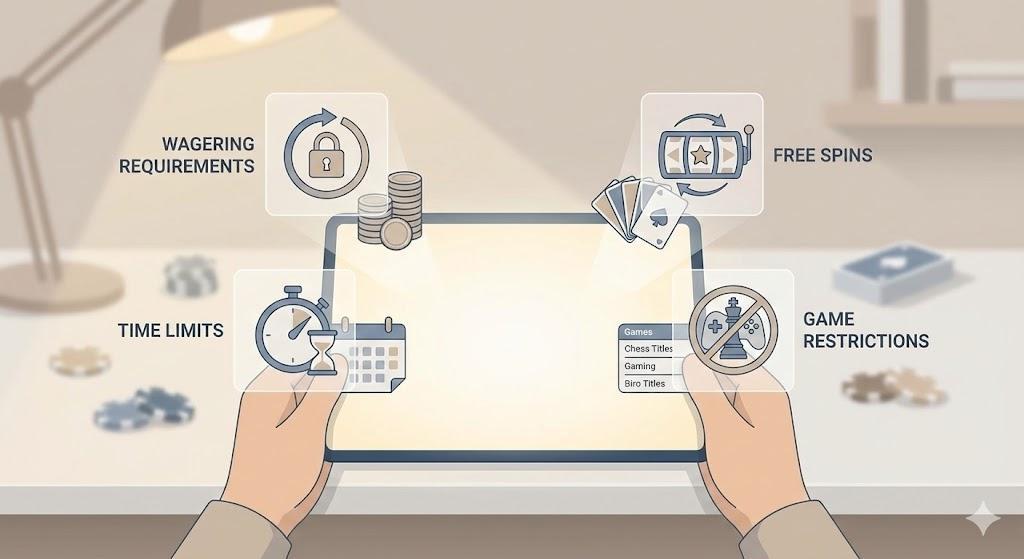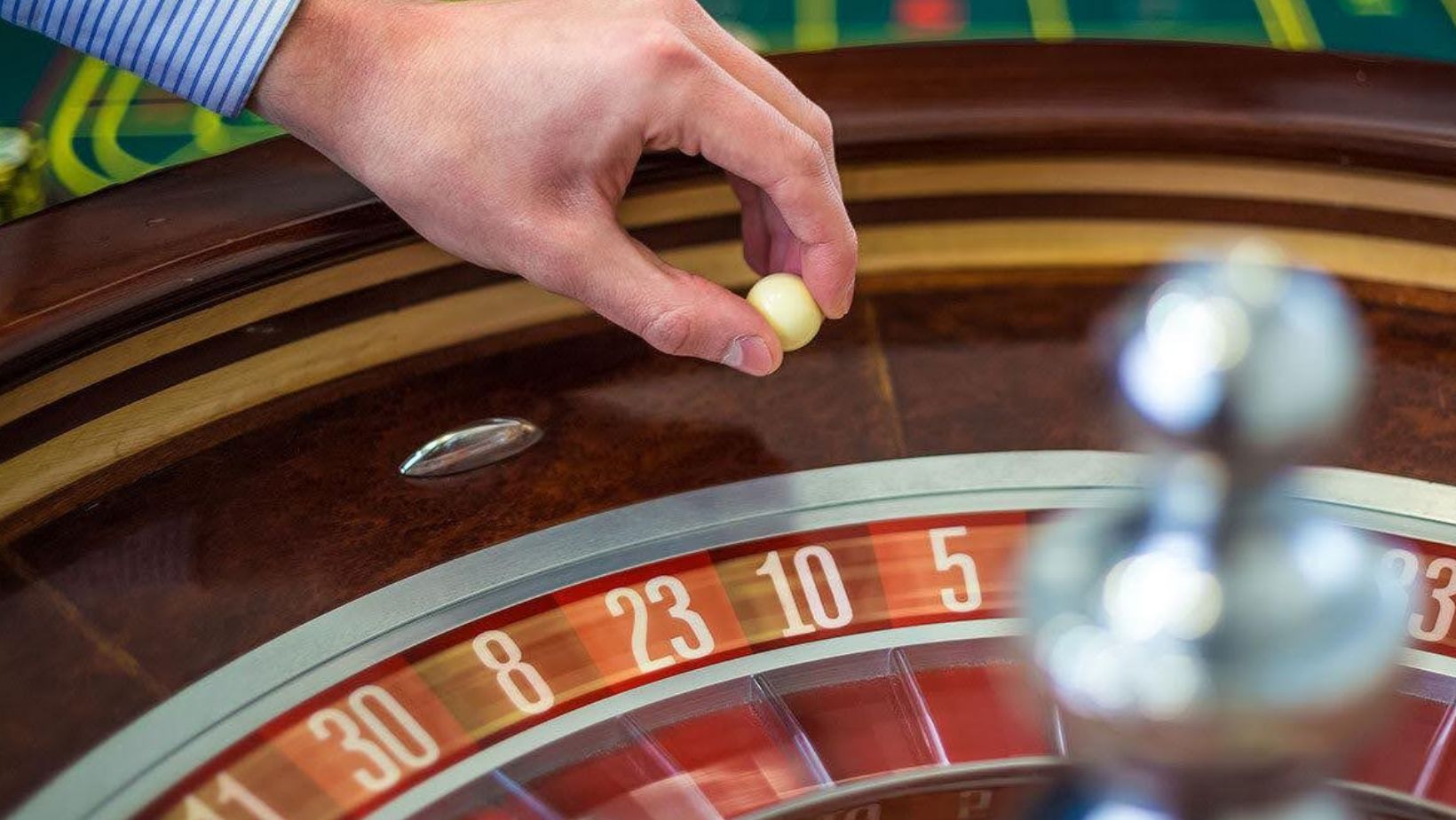You’ve seen it — that little bar slowly filling on your screen. It could be for an update, a weapon upgrade, or unlocking a character. A progress bar looks easy and fun. It makes you feel like you’re getting somewhere. But sometimes, that feeling isn’t real. In online casino mobile games, progress bars can trick your brain. They make you think you’re winning or moving fast, even when you’re not.
Table of Contents
ToggleThe Trick of Uneven Speed
Here’s one of the oldest tricks in the book: a progress bar that starts fast and slows down near the end. The first 50% might fill almost instantly, making you think you’re halfway done. Then the rest crawls forward at a painful pace.
Why does this work? Seeing the halfway mark so quickly gives you hope. You’ve already invested time, so you’re more likely to wait for the rest. This technique, called front-loading progress, appears everywhere, in mobile downloads, in-game upgrades, and even loading screens. It’s not deception in the traditional sense. It’s design that plays with your perception.
Completion Percentages: Numbers That Nudge You
Numbers feel factual, but in mobile games, they can be just as manipulative as visuals. A game might show you’re “90%” done, but the last 10% can take a long time. Designers use numbers to trick your brain a bit. Seeing a high number early makes you feel good, but the slow finish builds excitement. It’s like climbing a hill — you feel close to the top, but the last steps are slow. You keep going because you’re almost there. That “almost” keeps players playing.
Why Fake Progress Works So Well
Fake or exaggerated progress works because it taps into our reward system. Our brains don’t just react to success; they react to visible movement toward success. The progress bar doesn’t have to be accurate. It just has to make us feel like something is happening.

Every flash, sound, or percentage increase releases a small dose of dopamine. This chemical rewards us for effort and keeps us coming back. The illusion becomes more rewarding than the achievement itself. Players start associating the process of progress with pleasure, not the result.
The Art of Illusionary Design
Game designers don’t see this as trickery; they see it as craft. Illusionary progress is about managing player emotion. It’s about turning long waits and repetitive actions into something that feels good.
Consider mobile RPGs where upgrades take time. Instead of showing a static screen, designers add animation, gears turning, magic glowing, bars moving. Nothing is actually happening faster, but it feels like it is. That’s illusory design at work: transforming boredom into satisfaction.
Fake Progress as a Retention Tool
Mobile games rely on keeping players coming back. Real progress can take time and effort, but perceived progress can be instant. Players who feel rewarded, even falsely, are more likely to return.
Games often use layered systems: visible bars, hidden percentages, and fake milestones. Each one gives players something to “achieve.” You might see “Level 10 Reached!” pop up, but there’s another bar behind it tracking your next “rank.” This endless cycle of near-completion keeps engagement high. You’re always 5% away from the next reward.
When Players Catch On
Players are smarter than designers think. Over time, they start noticing when bars move strangely or when “90% complete” feels endless. Once that illusion breaks, trust can suffer.
Some modern games now use honest progress design, real timers, transparent goals, and visible percentages. Ironically, many players find satisfaction in knowing exactly how slow progress is. Real effort feels more meaningful than fake speed. This shift shows a growing awareness: authenticity can be just as engaging as illusion, especially for long-term trust.




